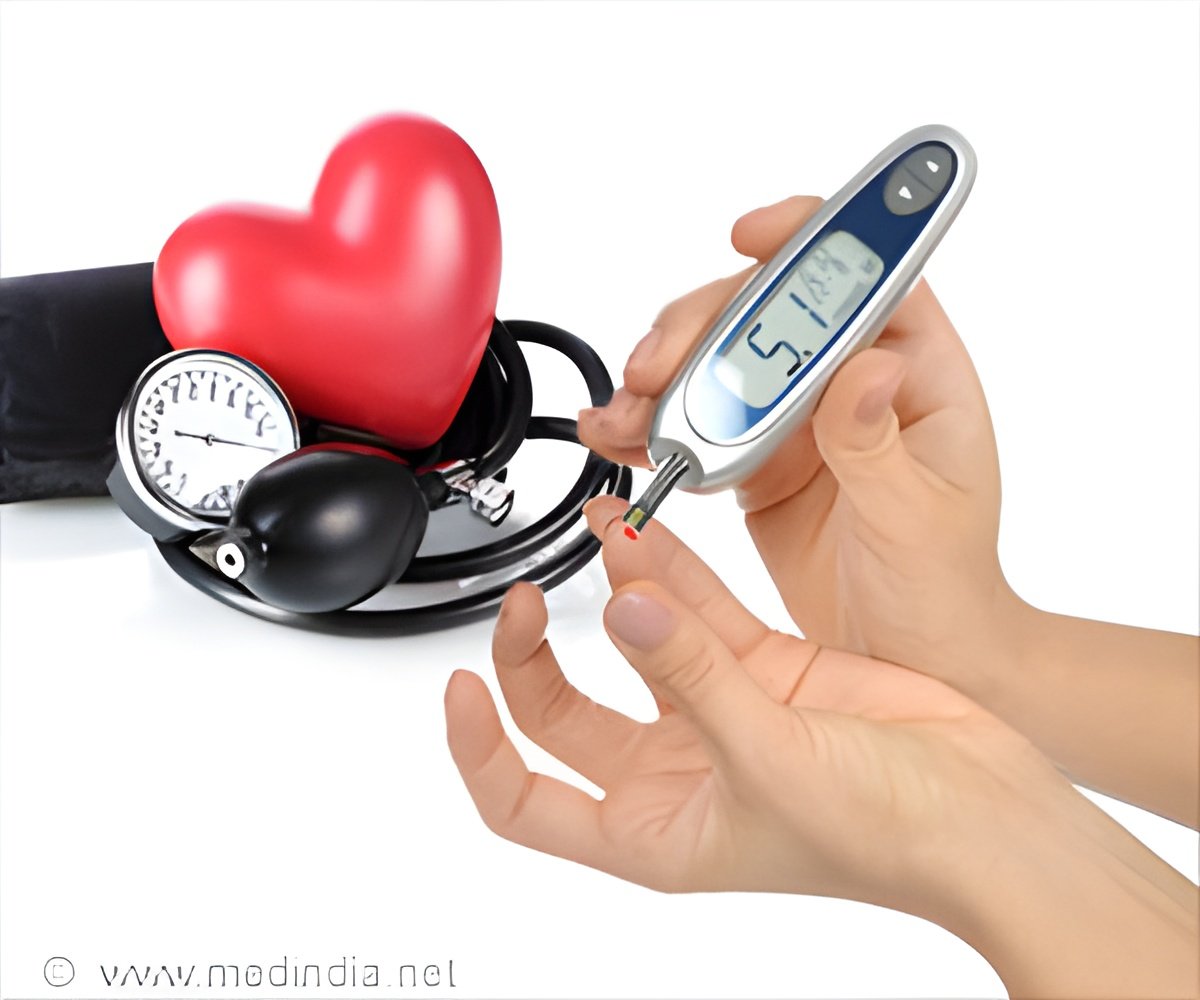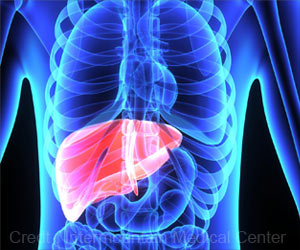Double risk of death in adults with diabetes is associated with rising blood pressure at night.

‘Twice the risk of death is associated with rising blood pressure at night, in adults with type 1 or type 2 diabetes.
’





These abnormal patterns of blood pressure increase the risks of various cardiovascular complications as well in adults with type 1 or type 2 diabetes. “Previous studies have shown that non-dipping is linked to kidney and cardiovascular disease in healthy individuals and people with hypertension, or type 1 or type 2 diabetes. However, the long-term effects of non-dipping on death among people with diabetes remain unclear, and information on reverse dippers is extremely scarce. We sought to investigate these two aspects to highlight whether altered patterns of blood pressure might predict mortality risk in people with type 1 or type 2 diabetes,” says study author Martina Chiriacò, M.D., an investigator in the department of clinical and experimental medicine at the University of Pisa in Pisa, Italy.
Death Risk & Diabetes
The study was conducted on 349 adults with diabetes in Pisa, Italy from 1999-2020. Among them, 50% were women, almost 284 had type 2 diabetes and 65 had type 1 diabetes. Deaths during the 21-year follow-up period accounted for 136 cases.
Moreover, among the participants, 82% had hypertension and 73% had uncontrolled hypertension.
Advertisement
Reduced survival to an average of 2.5 years was seen in reverse dippers and an average of 1.1 years in non-dippers when compared to dippers. In addition, reverse dippers had a more than two-fold increase in overall death risk.
Advertisement
Source-Medindia














